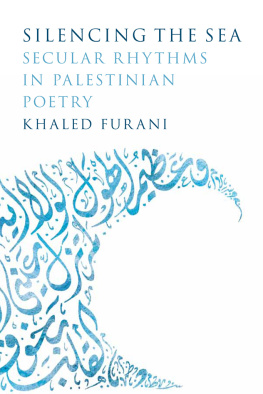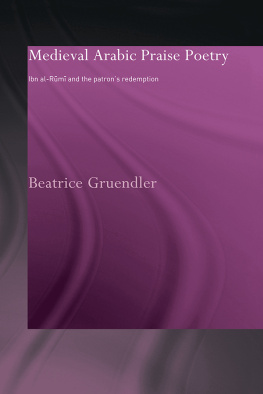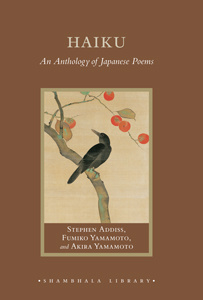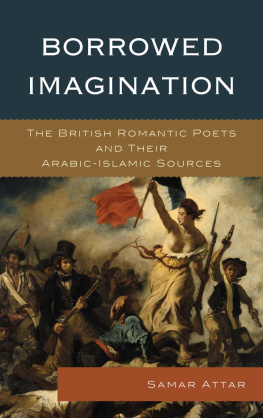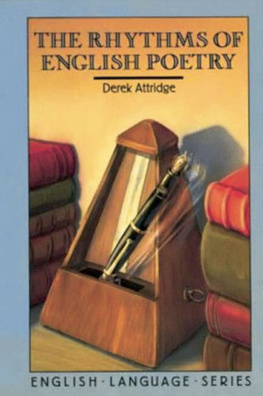S ILENCING THE SEA
SECULAR RHYTHMS IN PALESTINIAN POETRY
KHALED FURANI
STANFORD UNIVERSITY PRESS
STANFORD, CALIFORNIA
Stanford University Press
Stanford, California
2012 by the Board of Trustees of the Leland Stanford Junior University.
All rights reserved.
No part of this book may be reproduced or transmitted in any form or by any means, electronic or mechanical, including photocopying and recording, or in any information storage or retrieval system without the prior written permission of Stanford University Press.
Printed in the United States of America on acid-free, archival-quality paper
Library of Congress Cataloging-in-Publication Data
Furani, Khaled, 1973author.
Silencing the sea : secular rhythms in Palestinian poetry / Khaled Furani.
pages cm
Includes bibliographical references and index.
ISBN 978-0-8047-7646-2 (cloth : alk. paper)
ISBN 978-0-8047-8260-9 (e-book)
1. Arabic poetryPalestineHistory and criticism. 2. Arabic poetry20th centuryHistory and criticism. 3. Poetics. 4. Secularism in literature. I. Title.
PJ8190.2.F87 2012
892.7'100995694dc23
2012007600
Designed by Bruce Lundquist
Typeset by Westchester Book Group in 10/14 Minion
Section opener design by Naif Shaqqur. Calligraphy by Ahmad Zoabi. Arabic text is an excerpt from an untitled poem by Abd al-Jabbr ibn Hamds (d. circa AD 113233), a Sicilian and Andalusian Arab poet. A horrifying [sea] whose rider would be nothing but a transgressor / If it were not, in the Quran, a sign to wonder / Because of what they witnessed, my eye or my ear / Continue to warn my heart about a relentless fear. Translation by Khaled Furani.
To the souls of my mother and grandmother, Jamila al-Badawi Furani and Khadija Yaaqub Abbas
And from water we created all that lives
Quran 21:30
CONTENT S
A CKNOWLEDGMENTS
THE TRAIL OF RESEARCH FOR THIS BOOK began over ten years ago. During this time, many more people have contributed to its making than my effort to acknowledge them can possibly include. My heartfelt thanks go to them all, primarily to the poets and their families for their hospitality toward this inquiry and the inquirer. As for several poets who have passed away in the interim, I am grateful if this book can pass along some of their stories, rhythms, and questions. From the quick of my heart I also convey gratitude to Talal Asad, who conveyed to me the value of investigating ones own ignorance, and whose unassuming, probing questions kindled mine for this book and more.
This inquiry was also nourished by the care of scholars at numerous institutions: Barbara Aswad and Geurin Montilus at Wayne State University; Ammiel Alcalay, Michael Blim, Marc Edelman, Louise Lennihan, Leith Mullings, and Jane Schneider at the Graduate Center of the City University of New York; and Steve Caton at Harvard University. In the precariousness of ethnographic fieldwork riddled with closures and checkpoints of military occupation in the year 20012, Inam Dagher, Abd al-Karim Abu-Kashan, and Mahmoud al-Atshan at Birzeit University ensured that many literal and figurative paths remained open. Brinkley Messick at Columbia University extended material space and moral sustenance when those were acutely needed during the books infancy. Trevor Dawes, whether at Prince ton or Columbia libraries, extended indefatigable support in finding many otherwise intractable bibliographic sources.
In navigating the deep of Arabic language and literature, I remain indebted to the inspiring as well as instrumental guidance of the following individuals: Sayyid al-Bahrawi, Taufiq Ben-Amour, Mahmud Ghanayim, Ferial Ghazoul, Fathi Furani, Elias Khoury, Jeries Naim Khoury, Muhsin Jasim al-Musawi, and the late Magda al-Nowaihi. For profitable comments on this book at one or another stage of its unfolding, my gratitude goes to the anonymous reviewer at Stanford University Press and the following readers: Lori Allen, Steve Blum, Moustafa Bayoumi, Koray alikan, Elliot Colla, T. K. Hunter, Janet Kaplan, Jonathan Shannon, Genese Sodikof, Ramzi Rouighi, and Andrea Queeley. I also extend my appreciation to my editor, Kate Wahl, and her fine crew for elegantly steering my book through production. To Benjamin Hollander, the sound-smith who listened with great care to the sounds and sentience in this books evolution, go my Haifian bundle of thanks.
For offering financial support during the research and writing of this book, I thank the Social Science Research Council, the Palestinian-American Research Center, the Jonathan Shapira Fund, and the Committee for Educational Guidance for Arab Students in Haifa.
To the descendents of Hajja Khadija and al-Badawi in the Abbas tribe go my thanks for nourishing this book, even by distraction, as we continue to live out the wider book of our common daily lives. Though we are separated by oceans, I thank my in-laws, Joan and Hugh Alpert, for their robust support, for availing space to write during visits to the United States, and for vital and discerning edits by Joan. Particular lines and thoughts in this book ineluctably grew out of conversations I have had with my siblings, Khulud, Fawzi, and Salah, who co-shouldered its brunt. Until my final breath I will remain indebted to my parents, Jamal and Jamila, for cultivating in me a palate for the secret sweetness of suffering. This book owes its beginnings and its compass to my mother, whose absence continued to nourish it, just as her presence had steadily done. To the awesome beginners, my children, Mysoon, Sukayna, and Jamal, I owe both the light that traversed through them when darkness shrouded my path and the serenity they brought when lifes hubbub prevailed. My soul mate, Helene, knows this book is but one emanation from the well of our bond. For all the lessons learned and yet to be learned from this inquiry, my gratitude ultimately returns to GodMaker of All-Forms, the Merciful, the Compassionate, the Light, and the Just, who extends the path of submission.
A NOTE ON TRANSLITERATION
A VAST MAJORITY OF THE WORDS I transliterate in this study were spoken in classical literary Arabic (Modern Standard Arabic) during interviews with poets and the public of various regional dialects. Generally, I adhere to the transliteration system followed by the International Journal of Middle East Studies, except for words commonly recognized by English readers. However, I double Latin letters to indicate the gemination of Arabic consonants in lieu of the diacritic shadda.
When transliterating words from demotic Arabic, I comply with the pronunciation of the given speaker(s). This occasionally includes assimilation of the definite article (al-) with the initial consonant of the nouns it modifies, as is the case with solar letters (al-uruf ash-shamsiyyah).
In transliterating names and texts, I use diacritics for premodern sources, except for the Prophet Muhammad. For modern authors and texts, I use commonly recognized spellings and approximate others according to current conventions.
INTRODUCTION
I GIVE MY STEPS their form and tell the sea to follow me, wrote the Syrian-born poet known as Adonis. Through these words, he sought four decades ago, as he still does today, to stir the still waters of poetic and political life throughout the Arab world. His words belong to a wave of remarkable endeavors by Arab poets to secure moorings for their tradition in the modern world. In culling the word sea (bar), Adonis indicates his own powerful location at the crest of that wave, whose tidemarks have reached many shores of Arabic poetry, including Palestinian, the focus of this book. Beyond naming a natural formation, in Arabic the sea also refers to poetic meter. Unlike his predecessors who composed Arabic poetry in traditional meters passed down over generations and centuries, Adonis creates his own poetic form and tells meter to follow him.
Next page
